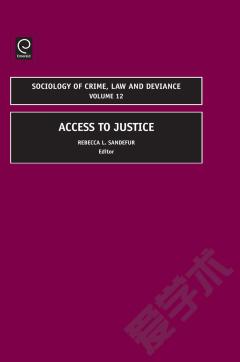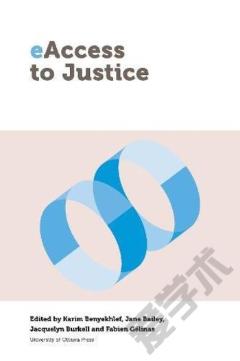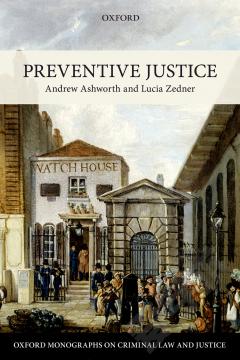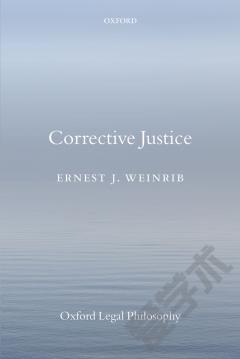Access to Justice
Around the world today, access to justice enjoys an energetic and passionate resurgence as an object both of scholarly inquiry and political contest, as both a social movement and a value commitment motivating study and action. This volume brings together cutting-edge work from practitioners and scholars in law, political science, social psychology, sociology, and sociolinguistics. This work reflects a high degree of sophistication in empirical analysis, and, as importantly, evidences a deeper engagement with social theory than past generations of scholarship. Good understanding is valuable both for its own sake and because it is essential to good policy. The richer conceptual frameworks employed by these scholars create more sophisticated research questions that in turn inform a more nuanced policy agenda. This research - on rights knowledge and police procedure, race and jury deliberation, tort reform and access to lawyers, self-interest and public service, ordinary people's experience with everyday troubles - reveals new discoveries about law and social process and provides foundation for a deeper understanding of access to justice that can inform wiser, more effective policies.
{{comment.content}}








 京公网安备 11010802027623号
京公网安备 11010802027623号